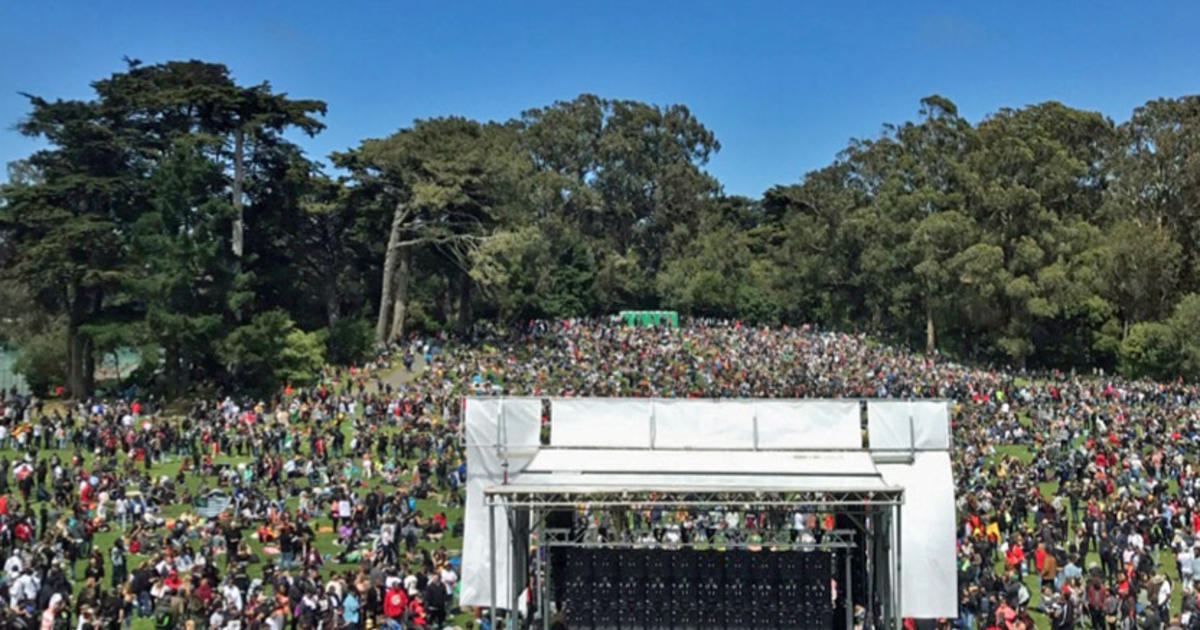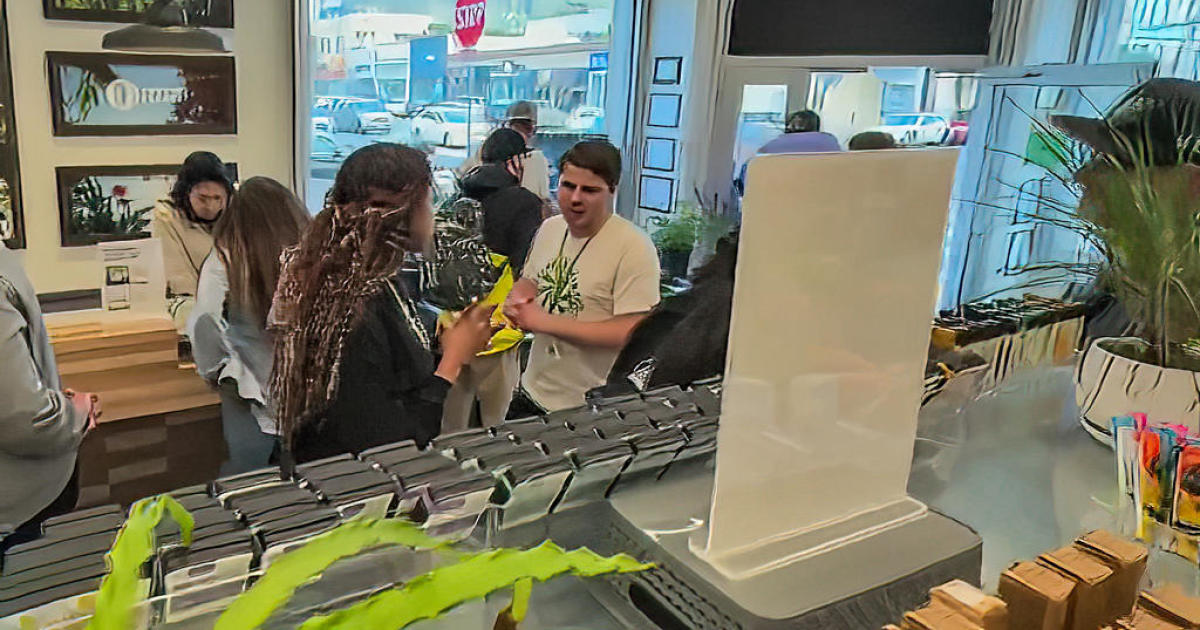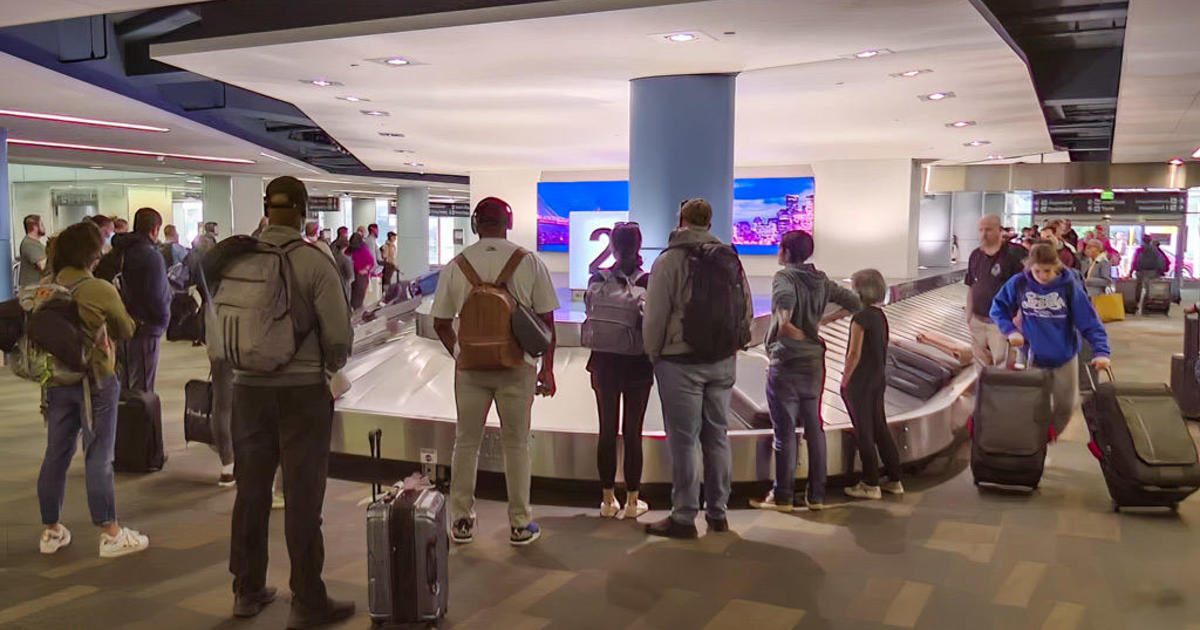Children Left Behind: Will Extended Foster Age Protect California Teens?
SAN FRANCISCO (KCBS) – After decades of kicking foster children out of the system when they turn 18, California is phasing in a new law that will extend benefits until age 21. However, the law is not retroactive, and its funding seems shaky, leading many child welfare experts to question whether it will work as intended.
Complete Coverage: KCBS Children Left Behind Series
Newark foster mom Carol Graham said that the troubled teens she takes in, are rarely ready to live on their own, on their 18th birthday.
"Even kids that are raised by their families [sometimes aren't ready]," said Graham. "The national average is like 28-years-old for leaving home."
KCBS' Doug Sovern Reports:
Finally coming to terms with the homelessness and poverty among former foster kids, the state will provide services up to 19 years of age next year, 20 the year after that, and 21 starting in 2014. It's about time, said Earl Jacobs with Healthy Oakland, and the Alameda County Faith Initiative.
"I think it is definitely a step in the right direction," he said. "I don't know too many 18-year-olds who are equipped to deal with the real world. They still need help. When these kids emancipate out and they're being told that they have to leave the foster home, or the group home, where do they go?"
Many of them go where Britney went the day she turned 18.
"I got kicked out of the house and I became homeless," said Britney.
It took her three years to find her way off the streets, and to Covenant House California in Oakland, where Shonda Rush is her residential advisor.
"It's almost like they're walking off of a plank, and I wish there would be something there to catch them, and help them keep moving so they don't have to fall so far and feel like they failed. They're not failures," said Rush.
Trent Rhorer, head of San Francisco's Human Services Agency, says the new law is long overdue, and the counties are ready for it.
"We're excited about the opportunity to really fix a glaring weakness in the system," said Rhorer, who adds that in order to get the services, youth will have to go to school, be working, or in a job training program.
"We hope that at age 21, after three years of additional support, that they'll be better prepared and that cliff won't be a perilous one," said Rhorer.
But Covenant's program director, John Casey, said that three more years of the kind of service kids get now may just defer their homelessness, and unemployment.
"Twenty-one theoretically sounds great, because it gives them a safety net of those extra three years," said Casey. "But in a few states that have implemented this the outcomes have unfortunately not been much better."
He also wonders whether the money will really be there, to keep the promise the law makes.
"We're in an economic situation where everybody is fighting for every last dollar," said Casey.
Rhorer though, said that he is confident the funding will be adequate.
The other loophole in the law is that kids who turn 18 before it takes effect in January will be left out in the cold, the way so many are now says Britney.
"A lot of young kids just really have nowhere to go and no sense of direction," she said. "They just get left behind."
Complete Coverage: KCBS Children Left Behind Series
Foster Care resources:
State of California Foster Care Information
(Copyright 2011 by CBS San Francisco. All Rights Reserved. This material may not be published, broadcast, rewritten, or redistributed.)



